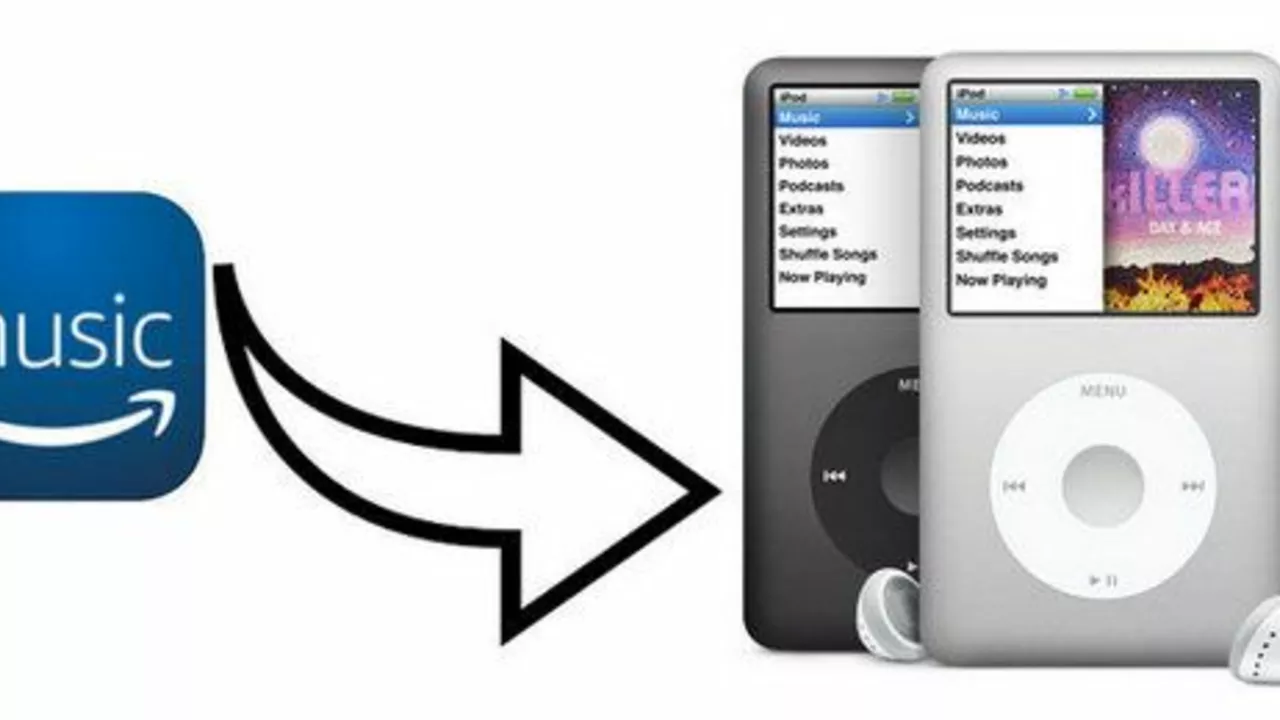Understanding the Basics: MP3 vs. OGG
Before we dive into why Amazon Music uses MP3 and not OGG, I think it's essential that we first understand what these two formats are. MP3, short for MPEG-1 Audio Layer 3, is a widely accepted audio coding format. It uses a lossy data compression algorithm, which means that it discards some data that the human ear can't perceive to achieve a smaller file size.
OGG, on the other hand, is a free, open container format maintained by the Xiph.Org Foundation. This format can multiplex several independent streams for audio, video, text (such as subtitles), and metadata. It is known for its high-quality sound, even at low bitrates.
Now that we have a basic understanding of what MP3 and OGG are, let's move on to why Amazon Music decided to go with MP3 instead of OGG.
The Popularity and Universality of MP3
One of the main reasons why Amazon Music uses MP3 instead of OGG is because of the popularity and universality of the MP3 format. It is supported by nearly all media players and devices, making it the most convenient choice for a wide audience.
When you’re distributing music to an audience as diverse and as vast as Amazon's, you want to make sure you're using a format that will work on all devices. MP3 is that format. It's the closest thing we have to a universal audio format, and by using it, Amazon ensures that their music can be accessed and enjoyed by as many people as possible.
Quality and File Size Considerations
Another reason why Amazon Music uses MP3 is because of quality and file size considerations. While OGG can provide higher quality sound at lower bitrates, it also results in larger file sizes. This could be a concern for users with limited storage space on their devices or limited data plans.
The balance between quality and file size is a crucial consideration for any audio streaming service. While we all want the best possible sound quality, we also don't want our music to take up all the space on our devices or eat up our data. MP3 strikes that balance, providing good sound quality while keeping file sizes manageable.
Copyright and Licensing Issues
Another aspect to consider is the issue of copyright and licensing. MP3 was previously patented, which meant that using the format could potentially lead to legal issues. However, these patents have since expired, making MP3 free to use.
OGG, while free and open, is not as widely adopted, potentially leading to compatibility issues. Moreover, its open-source nature might bring up legal considerations for a commercial entity like Amazon. By opting for MP3, Amazon avoids these potential legal complications.
Final Thoughts: The Choice for Amazon Music
In conclusion, Amazon Music's decision to use MP3 instead of OGG comes down to a combination of factors, including compatibility, file size, sound quality, and legal considerations. While OGG may offer certain advantages, the universality and convenience of MP3 make it the more sensible choice for a service like Amazon Music.
It's important to understand that the choice of format is just one aspect of the overall user experience. Amazon Music's focus on providing a seamless and high-quality listening experience is what truly sets it apart.
